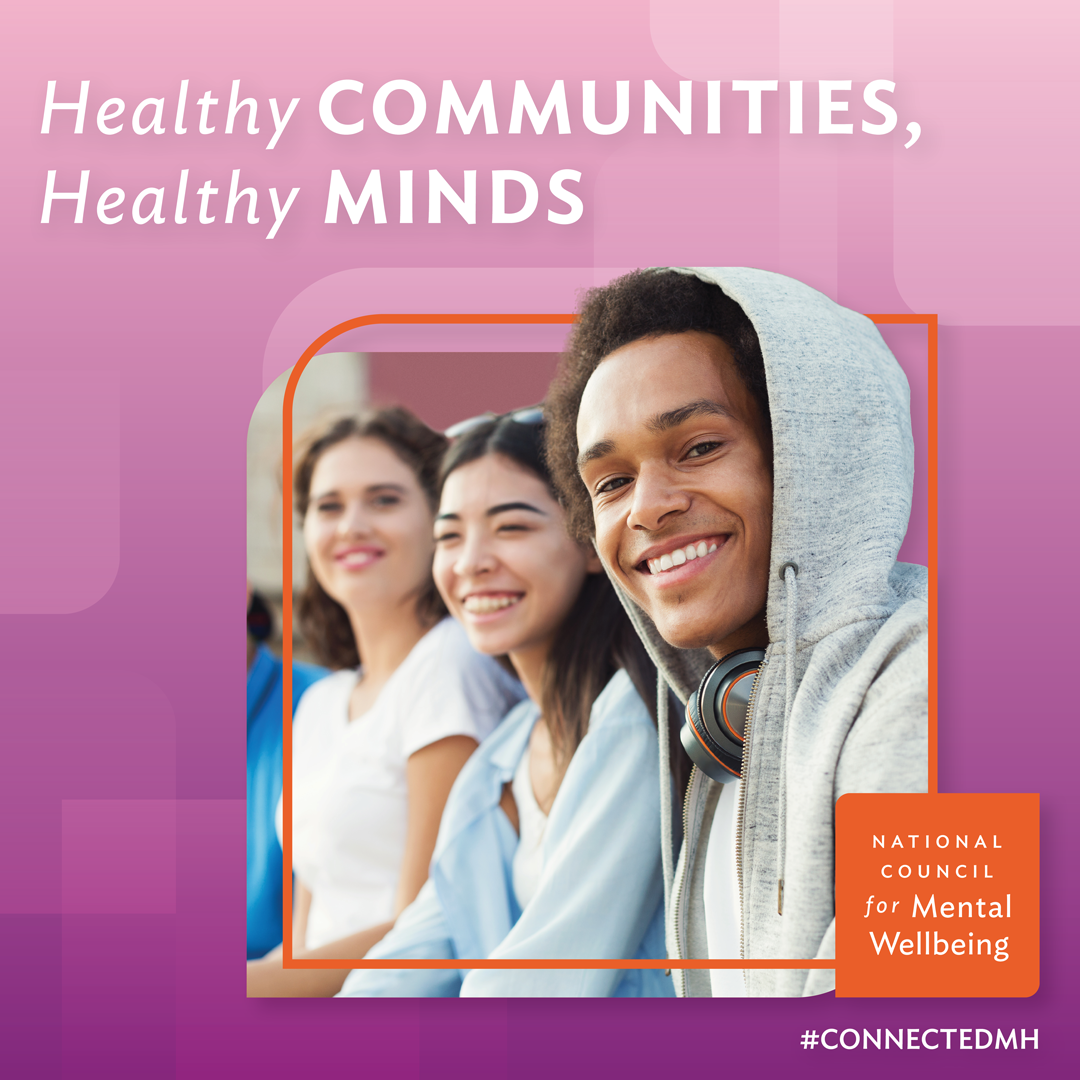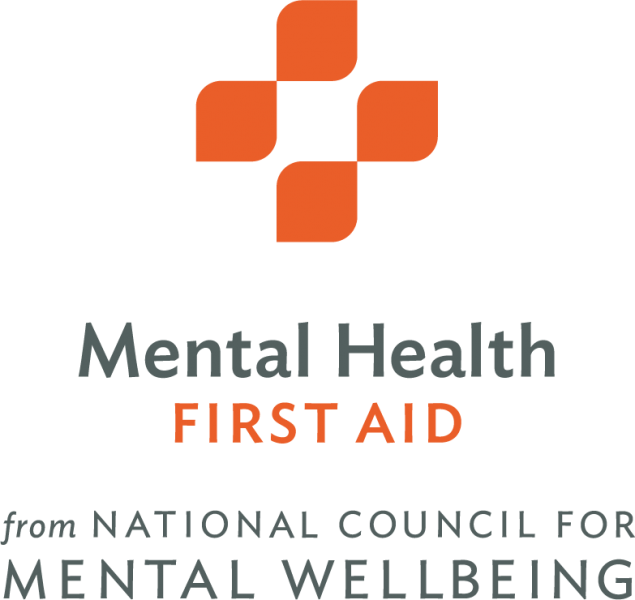

Be the Difference: Learn Mental Health First Aid
Most of us would know how to help if we saw someone having a heart attack—we’d start CPR, or at the very least, call 9-1-1. But too few of us know how to respond if we see someone having a panic attack, or if we’re concerned that a friend, co-worker, or teen might be showing signs of a mental health or substance use challenge.
Mental Health First Aid (MHFA) takes the fear and hesitation out of starting conversations about mental health and substance use. It teaches an action plan that empowers people to safely and responsibly identify and address potential mental health and substance use concerns. When more people are equipped with these tools, more people can get the help they need—earlier. Mental Health First Aiders can even save lives.
Region Ten offers FREE Mental Health First Aid training to your community group, workplace, school, faith organization, or other groups by request! Whether you’re supporting a colleague, a family member, or a young person in your life, now more than ever is the time to learn how to be an effective community responder.
What is Mental Health First Aid?
Mental Health First Aid (MHFA) is an evidence-based training program that helps participants recognize signs and symptoms of mental health and substance use challenges and provides an easy-to-remember action plan to support someone in need. Trainings are available for both adults supporting adults and adults supporting youth.
What Adult Mental Health First Aid Covers:
-
Common signs and symptoms of adult mental health challenges.
-
Common signs and symptoms of substance use disorders.
-
How to approach and support someone in crisis.
-
How to connect a person with appropriate help and resources.
-
Expanded content on trauma, substance use, and self-care.
What Youth Mental Health First Aid Covers:
Designed for adults who regularly interact with young people (ages 6–18), this training covers:
-
Common signs and symptoms of mental health challenges in youth, including anxiety, depression, eating disorders, and ADHD.
-
Common signs and symptoms of substance use challenges.
-
How to approach and support a young person in crisis.
-
How to connect youth with appropriate supports.
-
Expanded content on trauma, social media, bullying, and self-care.
Introducing: Teen Mental Health First Aid (tMHFA)
Teen Mental Health First Aid is a specialized program that trains teens in grades 10–12 to recognize the signs that a friend may be experiencing a mental health or substance use challenge—and how to get help from a trusted adult.
Unlike other MHFA courses designed for adults, tMHFA is taught to teens, by certified instructors, in schools and youth-serving organizations. Teens are often the first to notice when a peer is struggling—and this training gives them the knowledge and confidence to take action safely.
tMHFA teaches teens how to:
-
Recognize warning signs of a mental health or substance use challenge.
-
Understand the importance of seeking help from a trusted adult.
-
Respond effectively and responsibly when a friend is in crisis.
-
Reduce stigma and support mental wellness among peers.
Region Ten is proud to offer tMHFA at no cost to schools and youth-serving groups. It’s an investment in the next generation of mental health leaders—and in creating a culture of care among teens.
How Do I Get Trained?
MHFA and tMHFA trainings are available both in-person and virtually. Depending on the format, trainings run 6.5–8 hours and are offered regularly throughout the year.
-
To request a free training for your group or school, email prevention@regionten.org.
-
To register as an individual for one of our monthly virtual trainings, visit: https://regionten.org/events/
Let’s build a more caring, informed, and resilient community—together.
